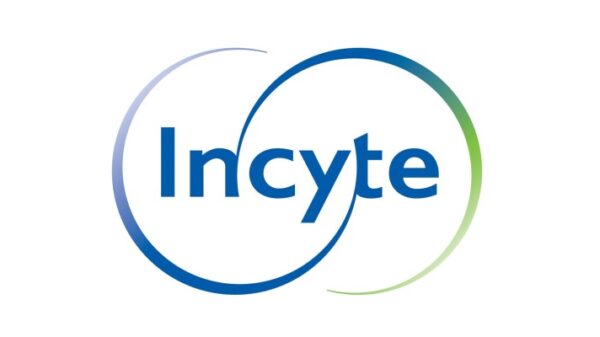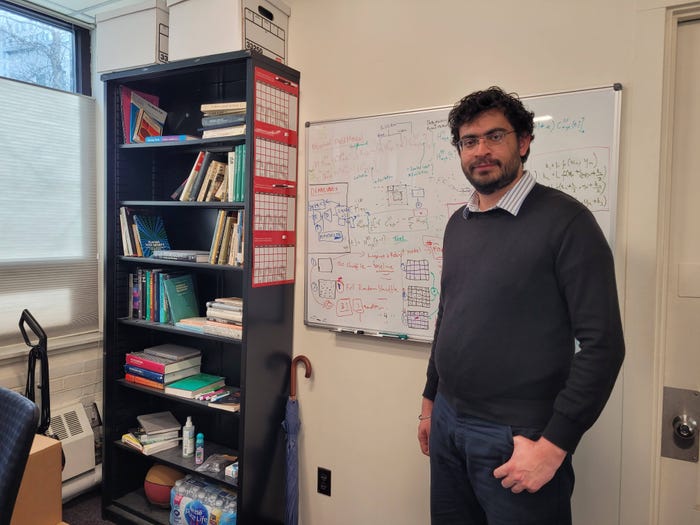UPDATE: Girik Malik, a 30-year-old applied scientist at Amazon Web Services, emphasizes that now is the time to pursue a Ph.D. in Artificial Intelligence (AI) as the technology rapidly reshapes the job landscape. Speaking with Business Insider, Malik asserts that the value of an AI doctorate will only increase as demand for skilled professionals surges.
Malik, who earned his Ph.D. in AI from Northeastern University in 2023, warns that those considering entering the field might believe it’s too late. However, he argues that a Ph.D. will remain crucial for understanding and shaping the future of AI technologies. With top AI researchers potentially earning salaries that exceed $1 million from leading companies like Meta, the stakes are high.
Earning a Ph.D. in AI typically takes between five to six years, a commitment that Malik acknowledges can be daunting. He recalls a particularly grueling semester where he was so immersed in his research that he subsisted on the same stew for weeks. “The challenge is real,” he stated, “but the rewards are significant.”
As AI becomes increasingly integrated into daily life and various industries, the need for highly trained experts continues to grow. Malik highlights that AI systems are not infallible and will require skilled professionals to troubleshoot and innovate. “It’s like owning a car,” he explains. “We need trained mechanics, regardless of how advanced the vehicles become.”
Malik stresses the importance of gaining practical experience alongside academic pursuits. He completed three internships during his studies, including positions at the Bosch Center for Artificial Intelligence, Microsoft, and Amazon. These internships provided him with invaluable access to data and resources, which are often limited in academia.
“Internships forced me to think beyond textbooks and tackle real-world problems,” he noted. For instance, his experience at Bosch involved training a neural network on a dataset of over 2 million videos, far exceeding the scale he encountered at university.
Despite the financial allure of a Ph.D., Malik cautions against pursuing the degree solely for monetary gain. He underscores the necessity of genuine passion and motivation for sustained success in such a demanding field.
As the AI sector continues to evolve at a breakneck pace, Malik urges aspiring students not to shy away from the challenge of a Ph.D. “AI will be embedded in virtually every code we write,” he explains. “We will need more professionals who understand this technology at a fundamental level.”
For those considering this academic path, Malik’s story serves as both a warning and an inspiration. He asserts that despite the challenges, the journey to a Ph.D. can open doors to groundbreaking opportunities in a landscape that is rapidly changing.
What’s Next: As the demand for AI professionals continues to rise, industry leaders and academic institutions are likely to adapt their programs and internships to meet the evolving needs of the market. Those interested in a career in AI should keep a close eye on emerging trends and opportunities in this dynamic field.
For further insights or to share your own experiences in AI, contact the author at [email protected].







































































